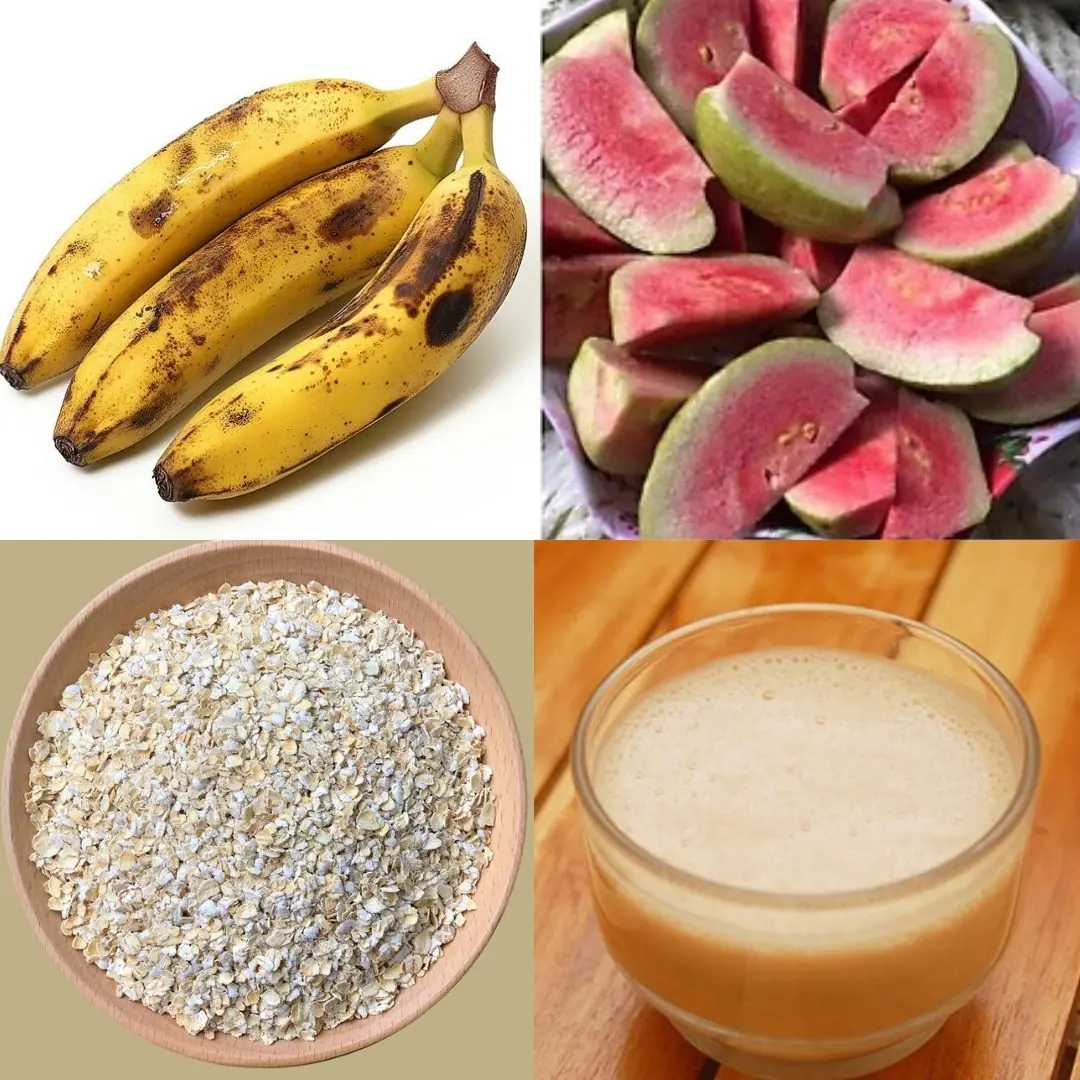
35-Year-Old Man’s Sore Throat Turned into Cancer After 5 Chemotherapy Sessions—Doctor Urges: Throw These 2 Things Out of Your Fridge
When 35-year-old Minh, a seemingly healthy office worker, first developed a persistent sore throat, he dismissed it as a common cold or the result of long work hours and stress. He treated it with lozenges and home remedies, expecting it to go away in a few days. But weeks passed, and the soreness didn’t improve—it worsened. By the time he finally went to a specialist, the diagnosis was shocking: stage 2 throat cancer. After undergoing five intense sessions of chemotherapy, his doctor shared not only advice about recovery—but also an unexpected warning. “If you want to protect yourself and your family, throw away these two things from your fridge immediately,” the doctor said.
Minh’s story isn’t unique. Many young people today overlook early signs of serious illnesses, mistaking them for minor issues. Sore throats, for example, are common. But when one persists for weeks, is accompanied by hoarseness, difficulty swallowing, or ear pain, it could indicate something much more serious. In Minh’s case, it was cancer linked to prolonged exposure to certain dietary and lifestyle risks.
According to his doctor, Minh’s cancer may have been accelerated by two dangerous items that are present in many households: processed meats and sugary beverages—especially those stored long-term in the fridge. These two items, though convenient and widely consumed, have been linked by numerous studies to increased cancer risk, particularly cancers of the throat, stomach, and colon.
Processed meats such as ham, bacon, sausages, and preserved cold cuts often contain high levels of nitrates and nitrites, which can convert into carcinogenic compounds once inside the human body. These substances are meant to preserve color and prevent bacterial growth, but when consumed frequently, especially in grilled or fried form, they may significantly raise cancer risks.
The second hidden threat is sugar-sweetened beverages. Most soft drinks and fruit-flavored drinks contain high fructose corn syrup or excessive sugar, which not only leads to obesity and diabetes but also fuels inflammation in the body. Cancer cells thrive in high-sugar environments. Moreover, some refrigerated sugary drinks may contain chemical preservatives or artificial coloring agents that have been linked to health concerns when consumed long-term.
Minh’s doctor explained that while diet alone may not “cause” cancer, it plays a crucial role in either fueling or reducing cancer risk. In combination with other factors—like smoking, alcohol use, stress, and poor sleep—processed foods and sugary drinks can create the perfect storm for disease to develop.
Since completing chemotherapy, Minh has become an advocate for healthier living. He now warns his peers not to ignore persistent symptoms and to be cautious about what they keep in their kitchens. His advice is simple but powerful: “If it’s processed, if it’s overly sweet, if it lasts too long in the fridge—think twice before eating or drinking it.”
This real-life case highlights an important truth: cancer can happen to anyone, even the young and seemingly healthy. What we consume daily, often without much thought, has a lasting impact on our health. Doctors now urge the public to return to fresher, whole foods—vegetables, fruits, lean proteins, and whole grains—and to limit or remove cancer-linked items from daily life.
In conclusion, Minh’s journey from a simple sore throat to battling cancer is a wake-up call. After five sessions of chemotherapy, he learned the hard way how dangerous some everyday foods can be. The doctor’s urgent message—throw out processed meats and sugary drinks—is more than just advice. It’s a call to prioritize our health now, before it's too late.
News in the same category

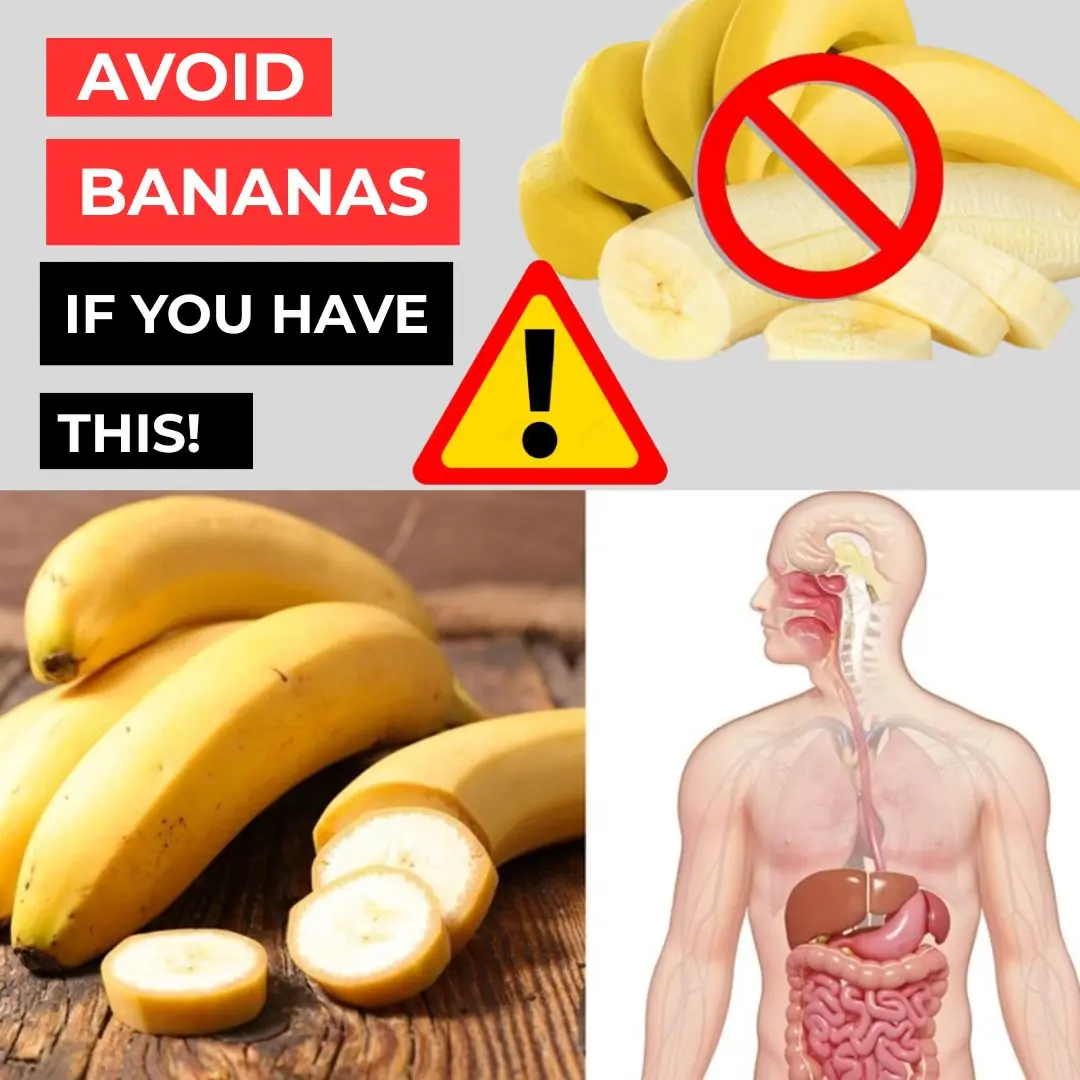
AVOID Bananas If You Suffer From These 5 Health Problems!

Doctors reveal how many times you should be able to swallow in 30 seconds to be 'healthy' and the results are shocking

Crockpot Sausage and Potatoes

A New Type of Drink Found to Help 'Push Back' Cancer: It’s Not Tea or Coffee

Not So Impossible Cheeseburger Pie

Eight Early Symptoms Found in 23% of Cancer Patients: Warning Signs That Should Not Be Ignored

Doctors forced to apologize after 32-year-old woman given hysterectomy to treat 'tumor on her ovary' but biopsy showed no signs of cancer

Liquid Gold Tea: A Natural Remedy for Inflammation

Caramel Apple Fudge
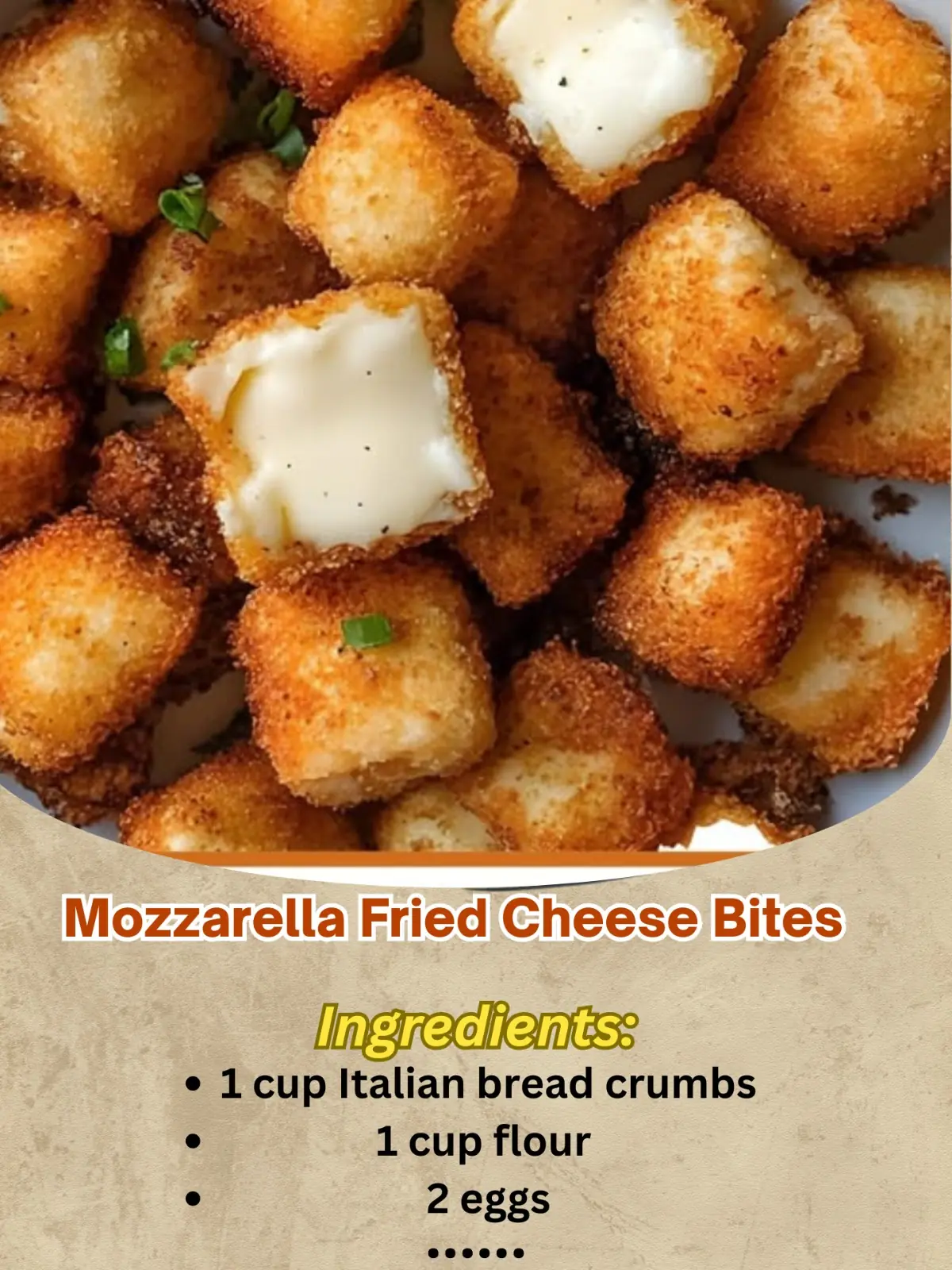
Mozzarella Fried Cheese Bites: Cheesy, Crunchy, and Irresistible
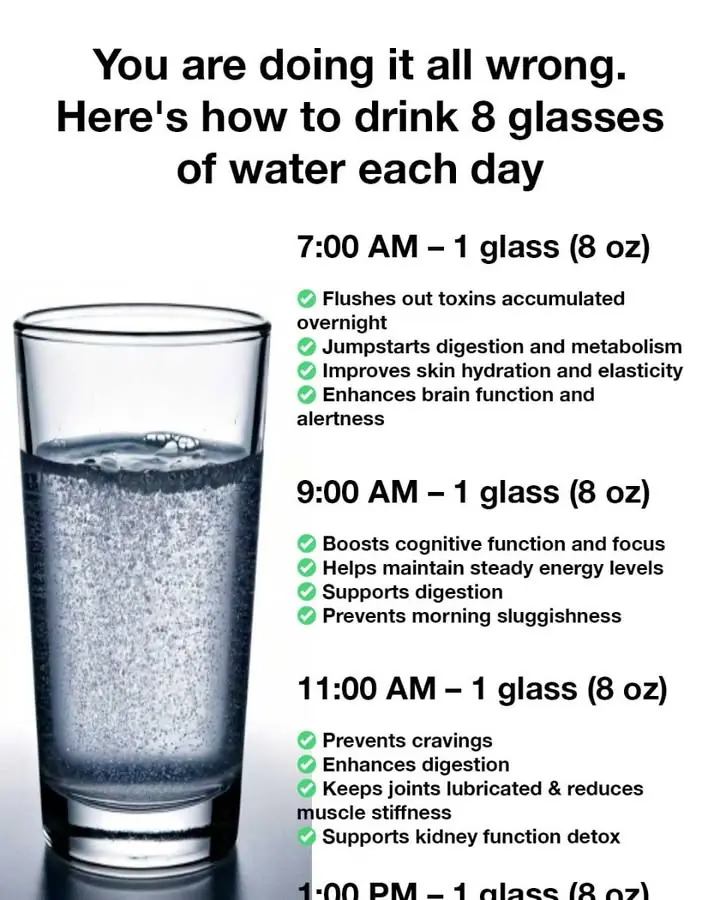
You are doing it all wrong. Here's how to drink 8 glasses of water each day
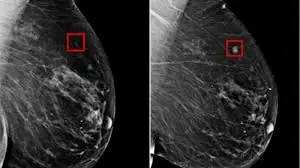
A new type of Artificial Intelligence can detect breast cancer 5 years before diagnosis
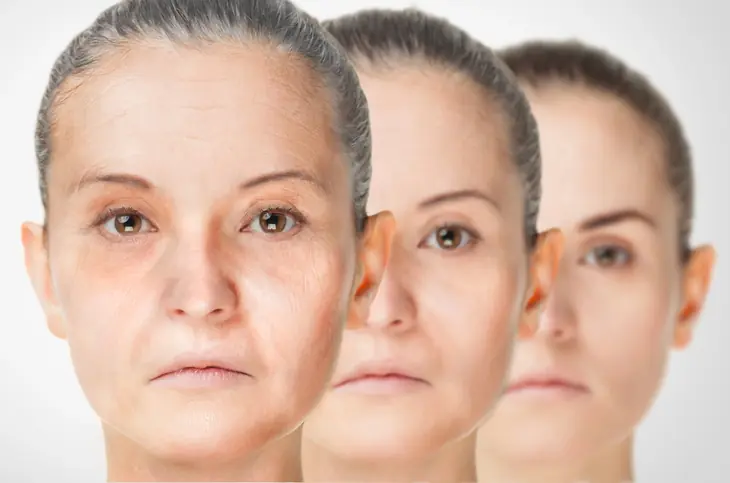
New Discovery: Protein AP2A1 May Hold the Key to Reversing Aging at the Cellular Level
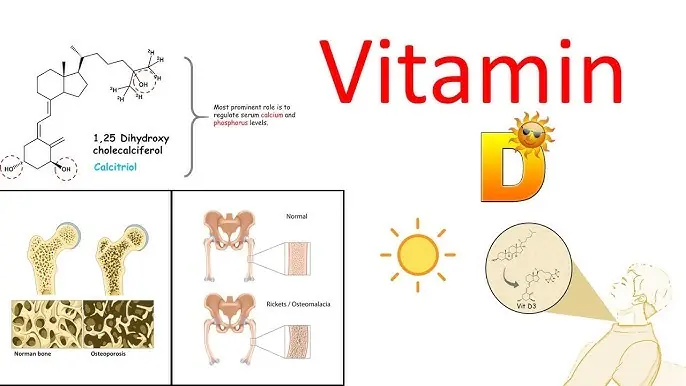
Why Vitamin D Is Essential for More Than Just Bone Health
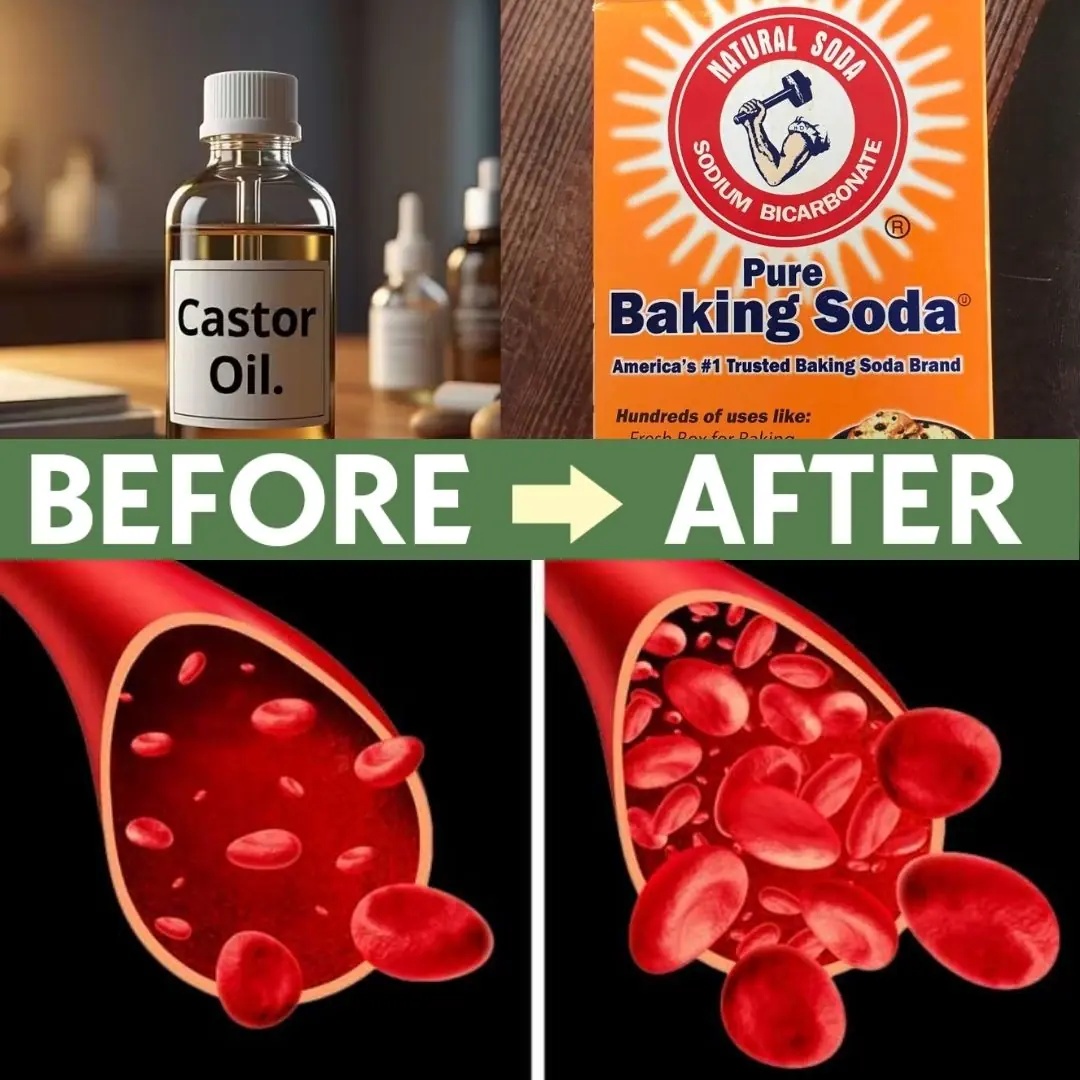
Seniors: This Castor Oil + Baking Soda Trick Is Blowing Doctors’ Minds!

Lemon and Nopal Remedy: A Natural Boost for Your Body
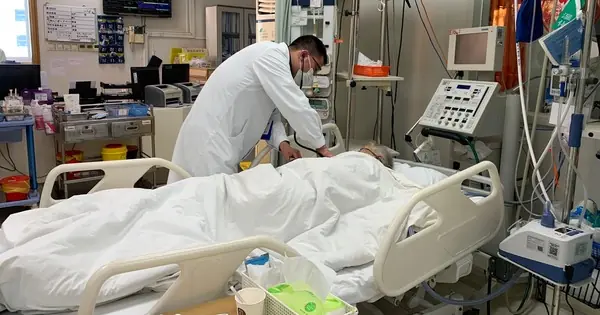
65-Year-Old Man Dies at 11 PM: Doctor Warns Never to Drink These 4 Types of Beverages Before Bed – No Matter How Thirsty You Are

People at Risk of Cancer Often Show 3 Unusual Signs in the Neck – Even One Is a Health Warning
News Post

Homemade Vanilla Dessert Cream

Oatmeal and Guava: A Natural Remedy for Leg Cramps, Diabetes, and High Blood Pressure

AVOID Bananas If You Suffer From These 5 Health Problems!

My Greedy In-Laws Tried to Get Rid of Our Sick Mom, but She Brilliantly Taught Them a Lesson

I Got Back from a Work Trip and Found My House Completely Empty

3 Eye-Opening Stories About Husbands Who Didn't Appreciate Their Devoted Wives – And the Important Lessons They Learn in the End

Doctors reveal how many times you should be able to swallow in 30 seconds to be 'healthy' and the results are shocking

14 Fish You Should Consider Never Eating

40+ Weird Signs That Lead To a Cancer Diagnosis

Pudding Cool Whip Frosting

NASA’s Mars Rover Uncovers Mysterious Spheres On The Planet’s Surface, Leaving Experts Baffled

Depressing find at the bottom of the Mariana Trench is a warning to the world

Crockpot Sausage and Potatoes

People Freaked Out After Spotting Creepy Hidden Face in Group Photo

A New Type of Drink Found to Help 'Push Back' Cancer: It’s Not Tea or Coffee

This One Everyday Habit Is Draining Your Electricity Bill — And No One Talks About It

Not So Impossible Cheeseburger Pie

Eight Early Symptoms Found in 23% of Cancer Patients: Warning Signs That Should Not Be Ignored
